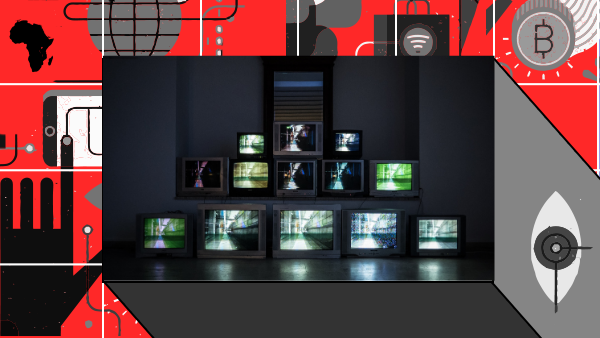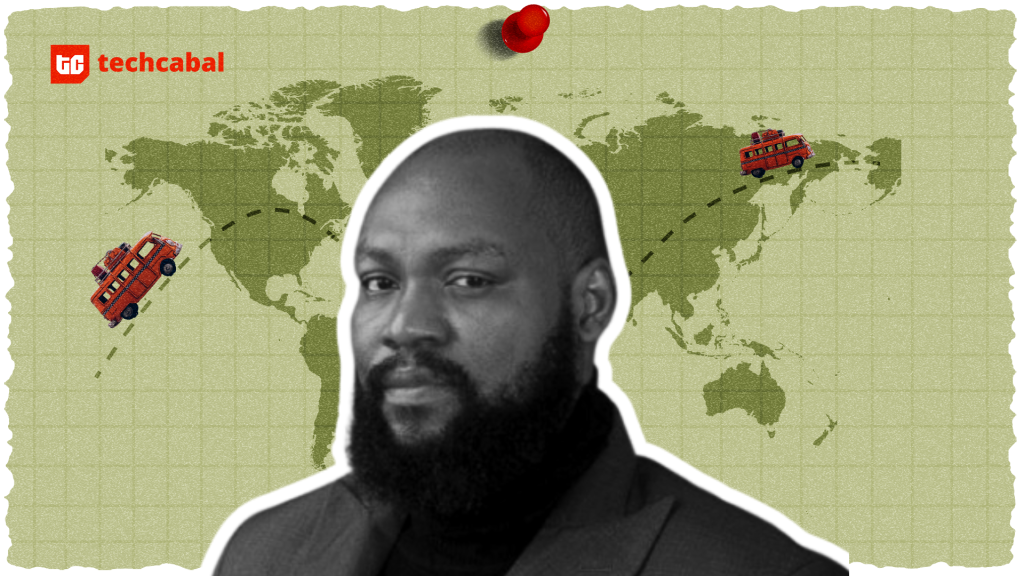In Nigeria, the fintech startup, Evolve Credit has received $25,000 from Microtraction.
What Evolve Credit says it does: Evolve Credit’s platform allows users to
compare loan products and access unbiased, personalised information around available loan funding from personal to business.
What it feels like: When I used Evolve Credit’s loan tool, it told me I had 89 loan offers. It also showed me the companies offering these loans as well as their rates.
My takeaway: there are 89 loan companies in Nigeria?
|







